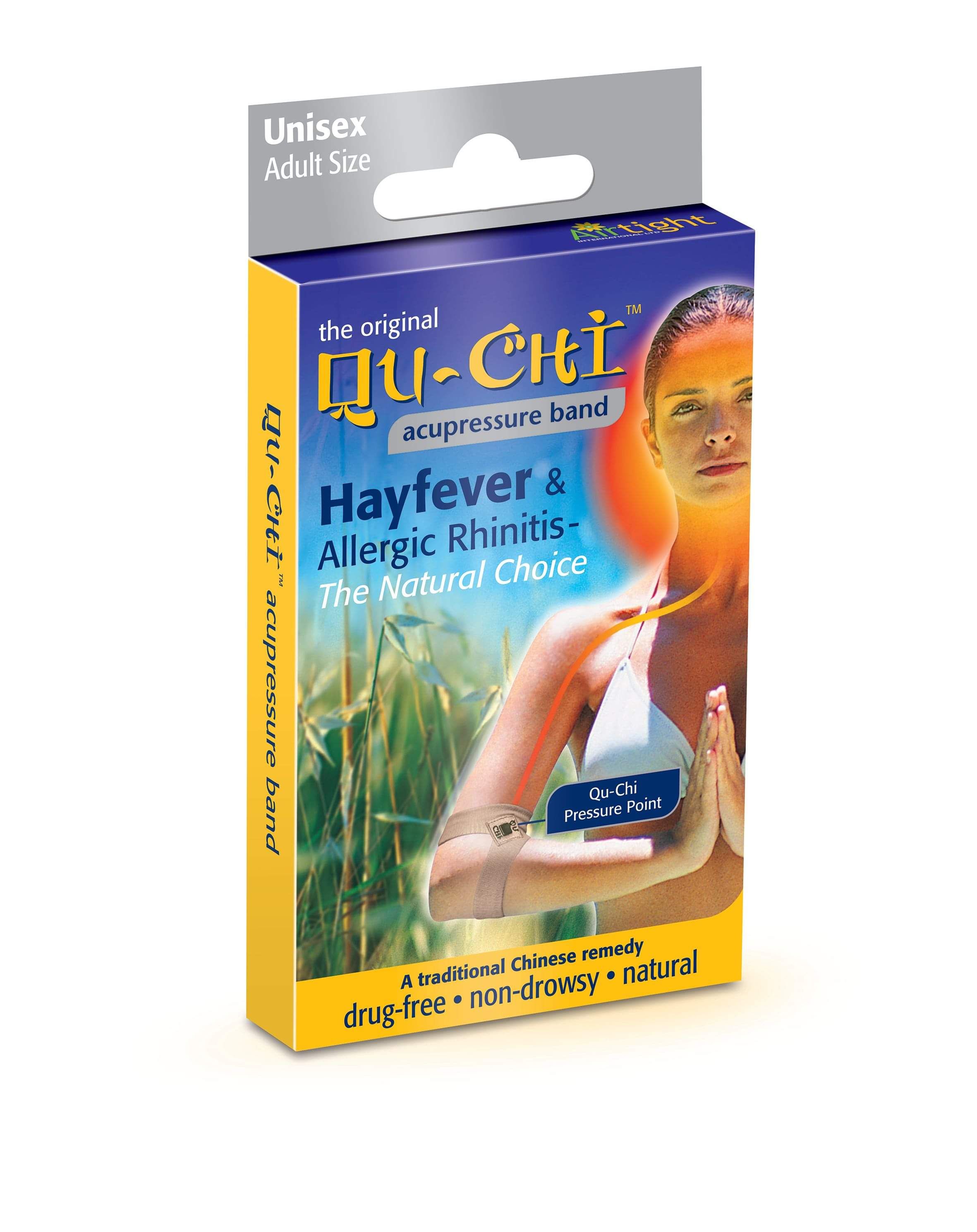What Is Hay Fever
What is Hay fever?
Hayfever ('seasonal allergic rhinitis') affects over 20-25% of the UK population. It is caused mostly by an allergy to grass, tree or hay pollens, which affects the nose, sinus, throat and eyes, however an increasing problem is all-year-round symptoms from unidentified allergies (allergic rhinitis). Hayfever usually occurs during the spring and summer months, but depends on which pollens are to blame. From May to July grass (most common cause in UK) and flower pollen are the most common cause of hayfever whereas, during spring, from March to May, tree pollens are the most common. Hayfever in the autumn months tends to be caused by weeds such as nettles and docks, late flowering plants, and mould spores.
Hayfever symptoms can be similar to a cold, and include a runny nose, watery eyes and repeated sneezing attacks. Hayfever is associated with a family history of asthma or eczema and usually begins in the early teens. Hayfever symptoms may vary from year to year, depending on the weather conditions and pollen count. Increasingly people are experiencing symptoms for more of the year and indeed allergic rhinitis is becoming a year-round problem.
Hayfever symptoms can be similar to a cold, and include a runny nose, watery eyes and repeated sneezing attacks. Hayfever is associated with a family history of asthma or eczema and usually begins in the early teens. Hayfever symptoms may vary from year to year, depending on the weather conditions and pollen count. Increasingly people are experiencing symptoms for more of the year and indeed allergic rhinitis is becoming a year-round problem.
WHAT ARE THE SYMPTOMS OF HAYFEVER?
Symptoms include:- runny or blocked nose
- frequent sneezing
- itchy or watery eyes
- itchy throat, mouth, nose and ears
- loss of smell
- face pain (caused by blocked sinuses)
- fatigue and lack of sleep
- headaches
- worsening of asthma
- lack of concentration.



